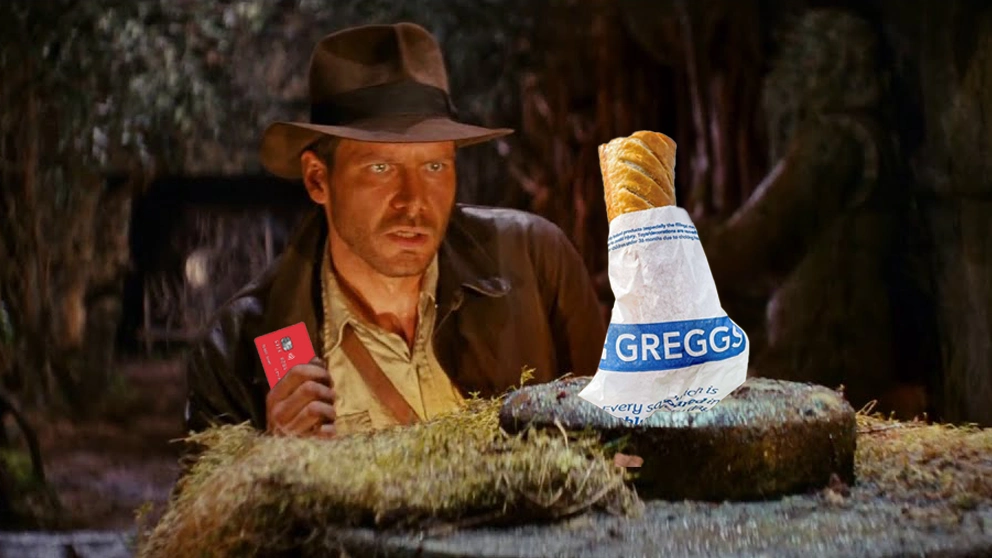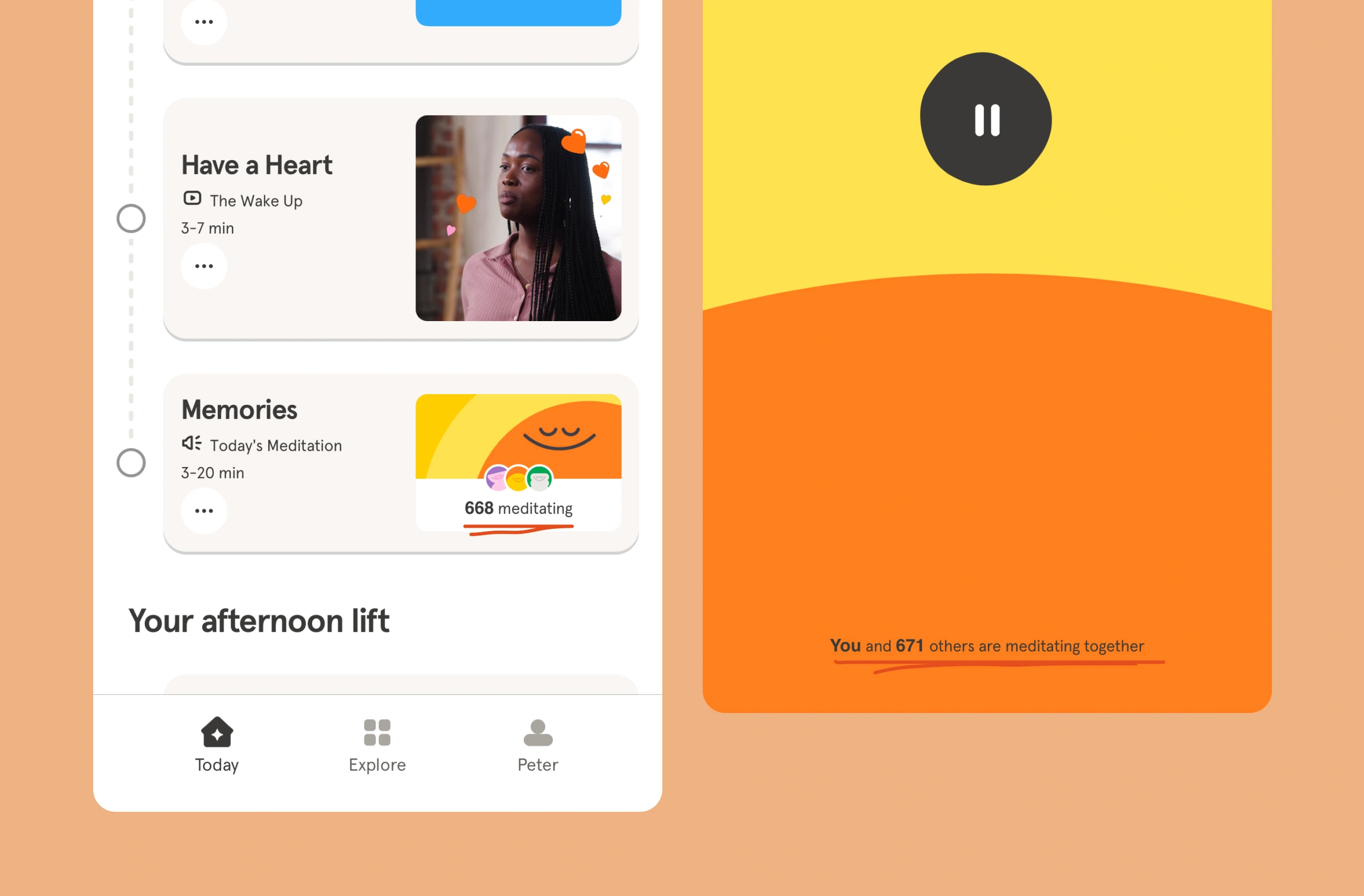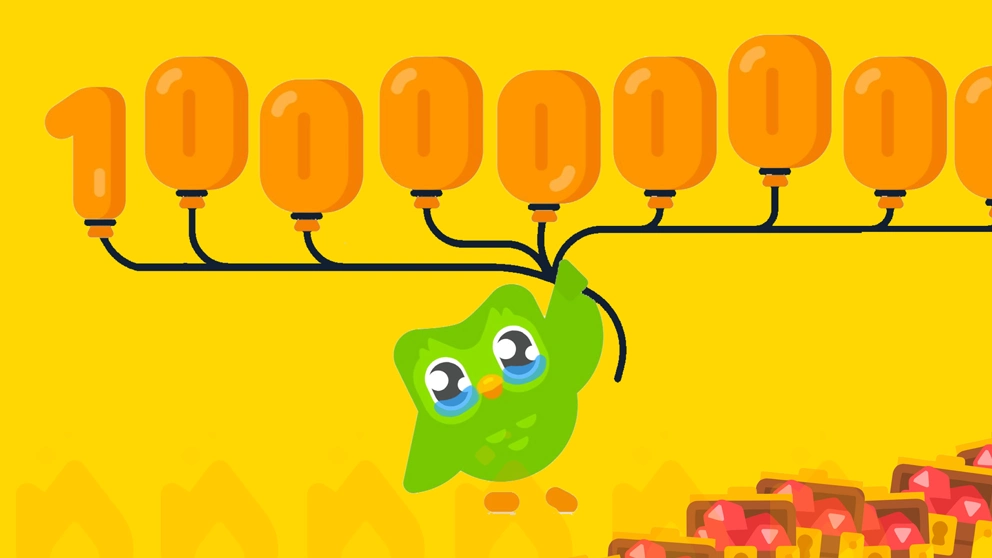How audits work
Intentionally simple. Get the feedback that matters most.
1. Get in touch
- I complete every audit myself (i.e., they're never outsourced), so I can only take on a few projects each month.
- I'll typically get back to you within 48 hours.
👋
Interested? Tell me about your product.
2. Identifying the driver
- Every audit is based on a journey, which is typically the most meaningful for your company's growth (e.g., onboarding).
- If you're unsure what yours should be, I can help you decide that.
- This can be a live product, a prototype or even Figma designs.
💡
For example, through a handful of minor changes, I helped improve Quickbooks' sign-up conversions by 16%.
3. The audit
- Normally, this will happen without much input from you—like a mystery shopper.
- This helps protect me from internal biases (although occasionally I need to chat).
- We can set up a Slack channel to discuss issues throughout the project.
⏱
A typical audit (of say, Twitter's onboarding) takes around 2 weeks.
4. Completion
- You'll receive a (very large) slideshow. This is perfect for sharing between teams as it's designed to be self-explanatory.
- I'll include a written summary of issues raised, all weighted by importance (i.e., order to fix).
- We can then chat as much as you need, to help implement the changes.
👀
The audit format is a slideshow, very similar to the public case studies—except in much more detail.



